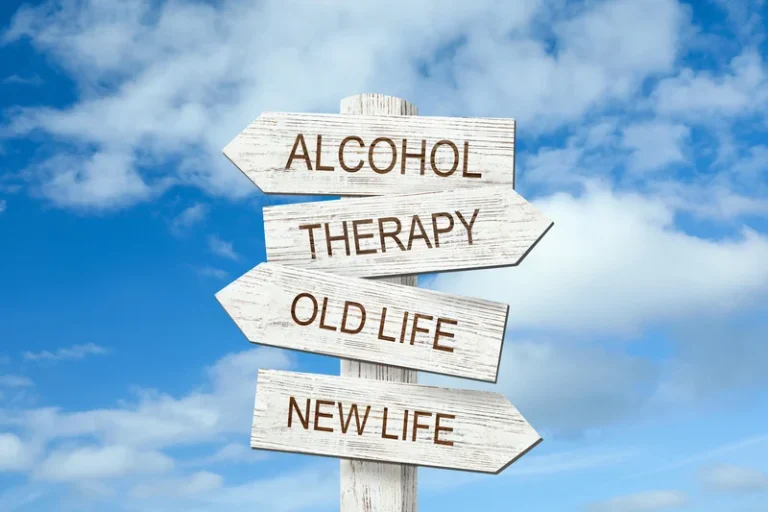Many components of red wine have been accused of causing this misery – sulfites, biogenic amines and tannin are the most popular. Our research suggests the most likely culprit is one you may not have considered. Brown University Health, Rhode Island’s first health system, was founded in 1994 by Rhode Island Hospital and The Miriam Hospital. Admittedly, a single glass now and again can deliver modest levels of antioxidant protection, but it doesn’t beat a good daily skincare serum.
- “The best beverages to rehydrate with should include electrolytes like sodium and potassium, as well as calories from carbs, proteins or fats to help the fluids be absorbed into the cells,” Pfau says.
- Then you suddenly start to feel the effects of more alcohol than your body’s used to on a regular evening.
- In those cases, you should avoid wine because of its dehydrating effects.
Tips to Prevent Alcohol Dehydration
In that case, drinking the wine is best if you want to survive. If the wine is at an average 13 percent alcohol content like most wines, its equilibrium point may leave you dehydrated in theory, but it’ll still be better than not drinking anything at all. In other words, you’d be about as dehydrated drinking the wine as you would not be drinking anything, period. But because wine has a higher alcohol content than most types of https://ecosoberhouse.com/ beer, it’s more dehydrating than the latter.
Prevention
Although it’s unknown whether alcohol dehydrates muscle, it still has an effect. Drinking more than that—especially with an already damaged liver—can cause alcohol levels to build. Drinking on heroin addiction an empty stomach can cause other long-term damage, particularly to the liver. Your liver is responsible for metabolizing alcohol, and heavy drinking over long periods can lead to irreversible damage. Because of this, you can also feel sluggish, drained, or tired even though the alcohol technically has some carbohydrates in each glass your body should be able to use for quick energy. Next Health clarifies the relationship and difference between alcohol and hydration.
General Health
- To do so, it has compounds called sulfite oxidases that create sulfate from sulfite – the 20 milligrams in a glass of wine are unlikely to overwhelm your sulfite oxidases.
- Dehydration can cause mild symptoms like headache, dry mouth, dizziness, and fatigue, or severe issues like damage to the brain, heart, kidneys, and even death (1).
- In severe cases of dehydration, drinking water alone may be insufficient.
- Over time, alcohol dehydrates the skin and can make wrinkles and pores more visible as a result.
Unfortunately, the data available on specific wines is far too limited to provide any helpful advice. However, grapes exposed to the Sun do produce more quercetin, and many inexpensive red wines are made from grapes that see less sunlight. The next step could be to give human subjects two red wines that are low and high in quercetin and ask whether either wine causes a headache. If the high-quercetin wine induces more headaches, we’d know we’re on the right track. Medical accounts of red wine headaches go back to Roman times, but the experience is likely as old as winemaking – something like 10,000 years. As chemists specializing in winemaking, we wanted to try to figure out the source of these headaches.
- Dehydration is also a big part of why you get a hangover after drinking too much.
- Mainly because it wasn’t a big part of my culture growing up in Malaysia, and I’ve seen enough friends nursing terrible morning afters for me to even be remotely tempted.
- On the other hand, some studies show that certain beverages that are often believed to be dehydrating are unlikely to affect fluid balance or increase water retention, especially if enjoyed in moderation.
- As chemists specializing in winemaking, we wanted to try to figure out the source of these headaches.
- This is not likely to cause dehydration by itself, but in conjunction with the other side effects above, it could lead to a mild dehydration effect.
And while the non-alcoholic fluids in beer, wine, and liquor are inherently hydrating, they’re not necessarily hydrating enough to offset the effects of alcohol-induced dehydration. Electrolyte imbalance can exacerbate dehydration and worsen the unpleasant aftereffects of drinking alcohol, including headaches, low energy, muscle aches, and poor sleep. In addition, increased urination can cause the loss of electrolytes, especially potassium and sodium, which are crucial for maintaining the body’s fluid balance. While hangover symptoms may remain, be sure to can wine cause dehydration drink water to help speed your recovery.


